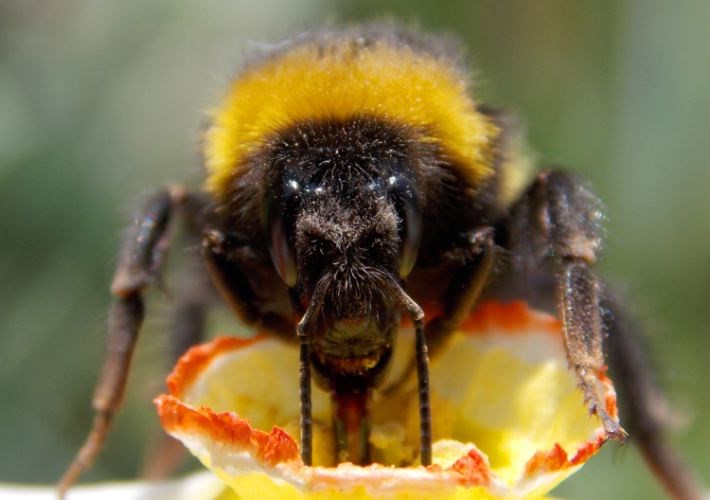Spring is coming and as residents head outside to tend to their yards and gardens, an unseen - and often underappreciated - world of work is happening all around.
Beneath the ground and overhead, insects of all kinds are busy helping to propagate and protect plants.
"There's an astonishing diversity of insects here in British Columbia," B.C. SPCA animal welfare educator Meghann Cant said.
In fact, the province is home to an estimated 30,000 to 40,000 different species - and each has an important role to play in the ecosystem.
Some, such as ladybugs and lacewings, help defend plants by eating the insects that feed on them.
Others, such as bumblebees and swallowtails, help plants reproduce through pollination.
Knowing what roles insects play can help us design and maintain our green spaces in a more natural - and environmentally friendly manner.
"We can support beneficial insects by making our yards and gardens more attractive to them," Cant said.
"Once there, they'll do the work for free!"
She suggests the following strategies to bring on the bugs:
Nothing but natives: native plants attract native insects who, in turn, attract other native wildlife species such as birds.
No more monocultures: different plants attract different insects. Having a variety also ensures that food is available to insects at different times of year.
Think in 3D: provide horizontal and vertical plant structure (e.g., mosses, shrubs and trees) to create a choice of microclimates and provide insects with shelter from inclement weather.
Say no to drugs: even pesticides with low toxicity, such as soap, can still harm beneficial insects.
Tidiness is overrated: let an area go wild with grasses, weeds, wildflowers, logs and brush, and allow leaves to pile up for insects to hide, nest and overwinter in.
Water woes: insects need water, too. Provide some in a shallow dish filled with rocks to keep them from drowning.
Ultimately, attracting beneficial insects will help reduce our reliance on chemicals and boost our biodiversity.
"Many insects are already hard at work in your yard or garden," Cant said.
"Why not do what you can to encourage them?"



